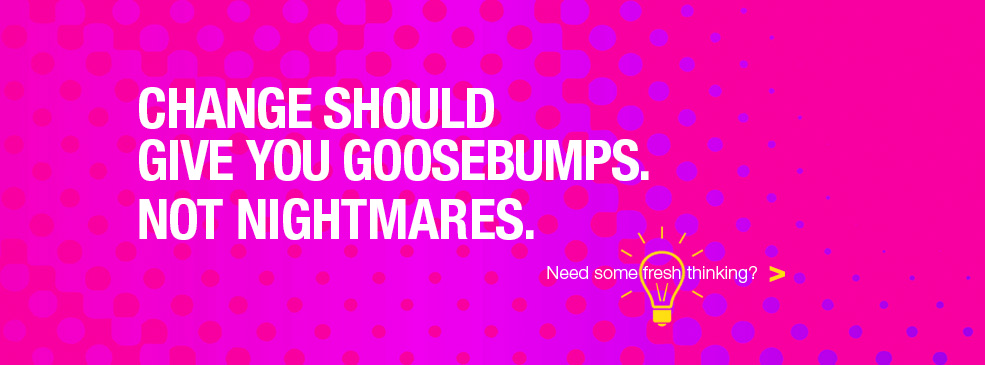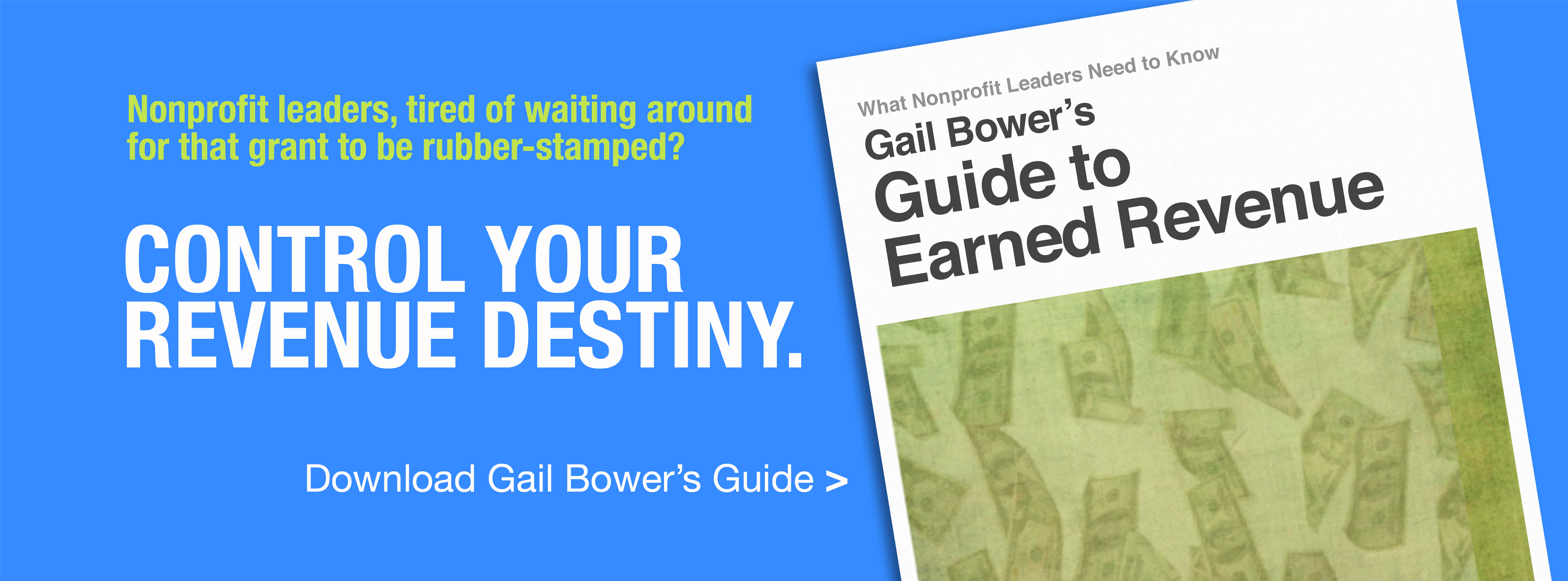If you were part of Gail Bower's community, you'd have gotten this post early. Get on the list to be among the first to receive more important articles just like this one.

A couple weeks ago my friend, colleague, and writing buddy Val Jones, hosted a fun event to celebrate publishing her first book,
Nonprofit Hero, which teaches board members how to be successful fundraisers.
Do you know why people stop giving?
She quizzed us on a few startling statistics.
Here’s one for you. The top three reasons, cited by 39% of respondents, about why donors stop giving are:
- The nonprofit organization did not thank or acknowledge the person’s last gift.
- The nonprofit organization did not ask the individual to donate again.
- The nonprofit organization did not tell the donor how the funds were used.
No surprise, Val teaches organizations to start by thanking. (Check out her book to learn her other 4 steps. Can you tell I really want you to pick up a copy of her book? And to be clear, I have no financial interest.)
I’d like to point out the obvious: these three reasons are all within your control.
While 73% of respondents say it’s very important to trust a nonprofit before giving, only 19% say they actually do highly trust nonprofits.
The BBB study respondents said that the most important information they wish was available when thinking about donating to a charity, which is also the “ONE thing” [sic] the respondent most wanted to help decide is knowing where the money goes.
Again, totally within your control.
I’m wondering about the correlation between thanking and trusting. Or rather not being thanked and not trusting. Yes, information is important, but we know that people spend money for emotional reasons, and they justify with intellect.
Let the giving begin.
While you’re eating turkey and pumpkin pie, think about thanks.
If your donors’ email and snail mail boxes are anything like mine, they are already bombarded with appeals.
Next Tuesday is #GivingTuesday, when thousands of nonprofits compete for donations.
Do you have your thanking plans ready? Do you have the messages ready to inform donors how their gift will be invested?
This week, work with your team to review your messaging and strategy to make sure you provide your most important supporters with what they want most. Take this extra step so they feel good about their experience with you.










 November 19, 2018
November 19, 2018
Reader Comments (2)
Some very provocative issues here.Thanks.
Building a foundation of trustworthiness is the number one Marketing Challenge faced by any nonprofit given that it is nearly impossible for an individual donor to judge an organization’s efficacy or impact. It seems striking to me that marketing is practically absent from the thinking of most nonprofits.
What you address as the importance of “Thanking” is really a “marketing mindset” applied to the sales (fundraising) function. 99% of nonprofit marketing is focused on the fundraising function. (Kind of like stopping a bike by dragging your feet. It works, but there are better approaches.) Wouldn’t all fundraising be more effective if awareness and trustworthiness were firmly established before the ask? Saying thanks is one (very important) element of a strategy for maintaining a reputation and a relationship but to create it in the first place is a much more complex challenge.
Thanks for your comment, Bill, and you are absolutely right. Marketing communications is the best way to show up consistently, reliably, and share the stories, results, challenges, and vision of an organization. Trust-building absolutely is a key component of the marketing strategy. What builds trust for one audience may not work for others, so segmentation and message personalization are key, too. Organizations, nonprofit and for-profit, need to design relationships and experiences—virtual and in-person—for their audiences.